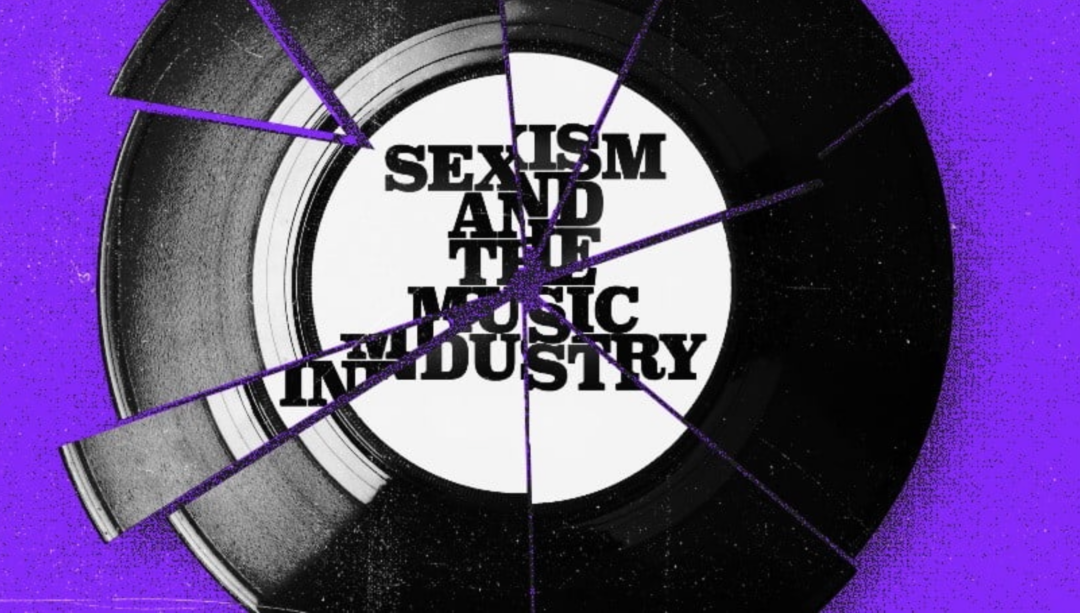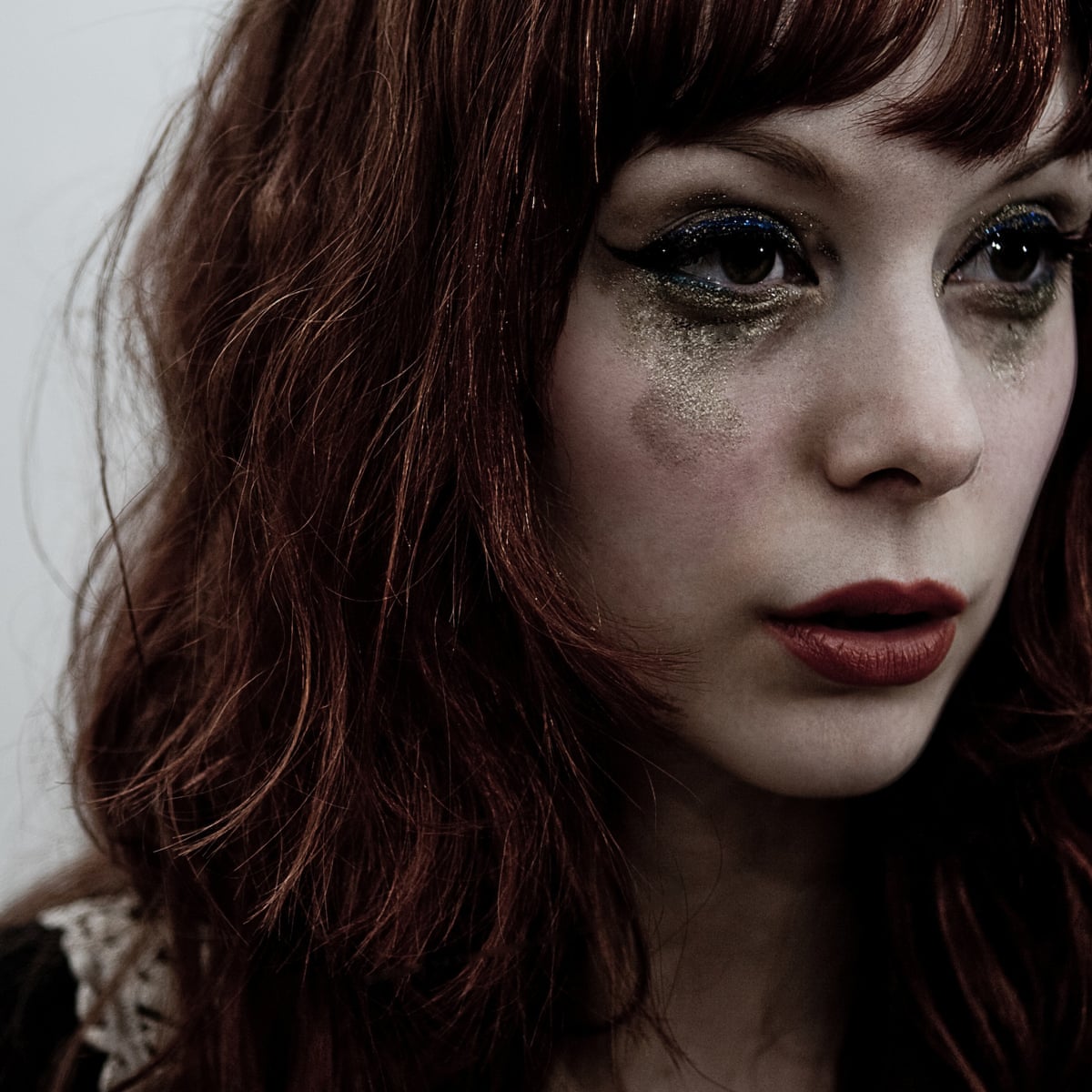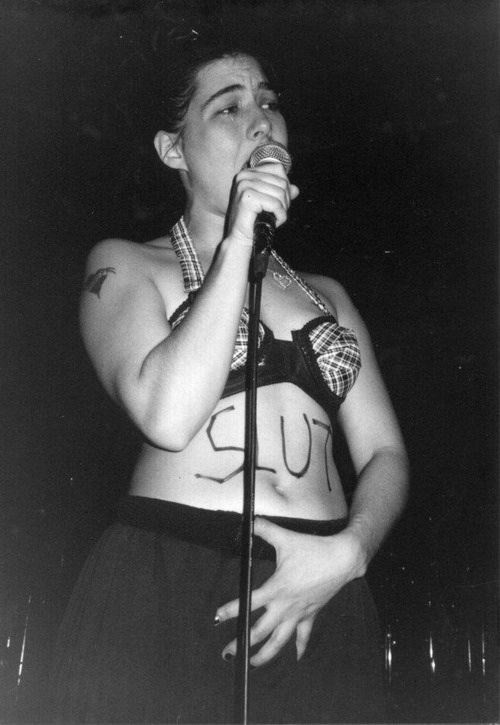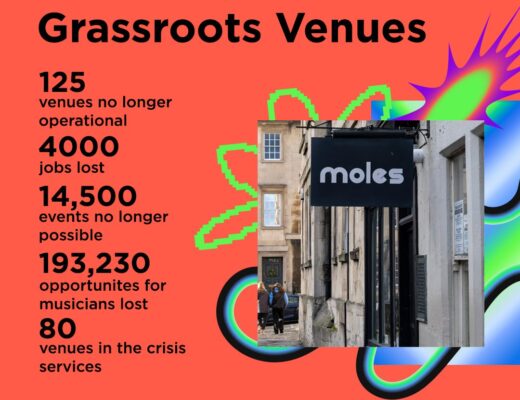With the Manosphere promoting the idea that misogyny is called for after feminism has levelled the playing field and left men the most disenfranchised members of society, the recent calls for a #MeToo movement to sweep through the music industry are unlikely to get answered.
When men would prefer to follow the likes of Andrew Tate, who has been convicted on sex trafficking and rape charges, rather than accept the idea that misogyny will only leave half of the population at odds with each other, collective faith in the eradication of sexism is quickly waning.
While I have witnessed and heard endless accounts of sleaze in the music industry, the instance that inspired this piece was what occurred when I went to see the Anchoress at the Deaf Institute in Manchester on the 13th of May. While she was giving a live rendition of her sophomore album, The Art of Losing, which covers harrowing themes of grief, baby loss and sexual abuse, to a crowd which mostly consisted of men, it became painfully obvious that the vast majority weren’t there in appreciation of her ethereal vocals and lyrical eloquence.
One man felt COMPLETELY comfortable making what could only be described as clamorous sexual groans every time she announced the next song and took every possible opportunity to try and grab her attention, even going as far as saying that he wished she wrote some of her songs with him on her lap. Funnily enough, when that gig was covered by a Manchester-based publication, they mentioned the man in question but completely omitted the unsolicited lecherous comments thrown at the singer-songwriter. Instead, they documented it as “a conversation between Catherine and a clearly emotional North Easterner”.
Even if women on live music stages don’t attempt to take advantage of the fact that sex sells, that does little to get in the way of some people treating them like objects in a peep show, which just so happens to have a musical element. Of course, there is nothing wrong with being attracted to musicians; I’m not attempting to override innate human desire. But if you care enough about an artist to buy a ticket to their shows, maybe don’t choke the atmosphere with patronising entitlement to project your sexual fantasies on them.
The hypocrisy that lingers around the artists who present themselves in a way to evoke a certain response from male fans and then chastise them for it probably shouldn’t go unmentioned. While I don’t want to victim blame or insinuate that sexual assaults, verbal or otherwise, are ever necessitated by what someone is wearing, I can’t help but feel that when artists play the part of Lolita, they are only diminishing the progress of the women that are fighting for equality away from misogyny. I fully saw the reasoning behind Kathleen Hanna from Bikini Kill stripping off on stage with ‘SLUT’ sprawled across her stomach because she knew that is the way the male gaze would greet her anyway. However, when that is perpetuated in modern culture away from that pioneering protest, as a woman, I don’t feel as though it is empowering; in the slightest. I see what kinds of fans those artists and bands attract, and honestly, it makes me feel a little sick to see the throngs of men at the front with their cameras shuttering on wankbank material. Almost as sickening, are the male promoters who only tend to work with attractive female artists; the rest of the scene sees you behind your thinly veiled virtue.
At this point, I will address another elephant in the metaphorical room and acknowledge that the sexualisation of musicians can and often does go in the other way too, and while I don’t want to dismiss the uncomfortable experiences endured by men when fans decide to get handsy or send gyno shots on social media, the misogyny and sexism inflicted on women is part of a far bigger picture, which has been making the music industry one of the most daunting industries to be a part of with XX chromosomes. If you speak to any woman in the music industry, she will have her fair share of stories, from patronising sound guys to getting groped after their set to being discriminated against by labels to not being given the same opportunities.
How often do you see posts on social media where talents and contributions to a cultural society are overlooked because, to some people, nothing could ever be worth more than appearance? One article that effortlessly exemplifies my point is an article by The Richest, which has since been taken down, that listed 15 ugly singers that get by with their hot bodies. Note how artistic merit is completely thrown by the wayside in the article.
We clearly have a long way to go before the music industry is prepared to treat artists, regardless of gender, on a meritocratic basis. Sex may sell, but it only buys you cheap fake fans that will only support you until you’re no longer the apple of their lascivious eye.
Article by Amelia Vandergast







1 Comment
Should Music Fans Be Obligated to Separate the Art from the Morally Reprehensible Artist? -
25 May 2024 at 9:02 am[…] the #MeToo movement, many women shared their stories of abuse, assault, and sexual harassment involving […]